Many party-goers who are teetotalers miss the fun because most of the beverages and cocktails contain spirits. But it does not take long for a marketing genius to fill in the gap. They are marketed as spirits in spite of being devoid of alcohol the reason being they are similar in taste and flavor to gin and other hard drinks.
As far as versatility and variation in style these products match the best in the industry. They are therefore often used in cocktails and fruit-based punches for celebrations and parties. A boutique distillery in Estonia is distilling hand-crafted gin and tonic. It diversified into non-alcoholic beverages and is planning a wide range of such products. These are also hot for sale in countries where liquor production and consumption are banned.


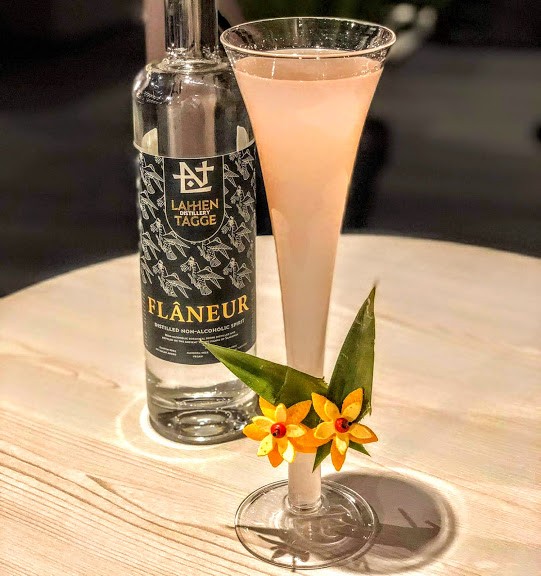

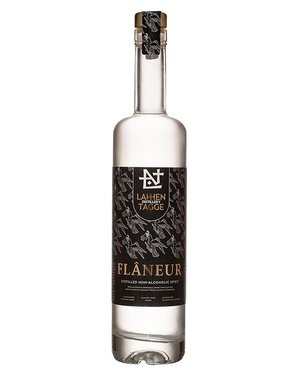



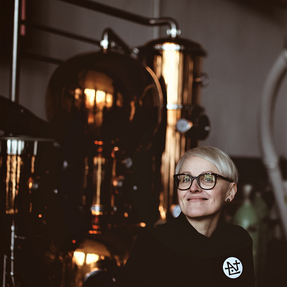
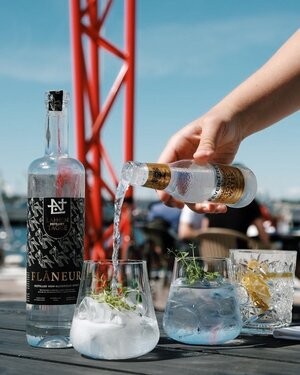



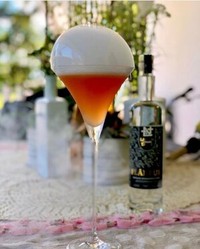

 Full Day Safari in Bandhavgarhon 08/29/2023
Full Day Safari in Bandhavgarhon 08/29/2023
 SEO Campaign: Website Overhaulon 02/13/2023
SEO Campaign: Website Overhaulon 02/13/2023
 Indian Food It Is Not All Curryon 02/08/2023
Indian Food It Is Not All Curryon 02/08/2023
 How Tiger Tourism is Organized in India?on 02/07/2023
How Tiger Tourism is Organized in India?on 02/07/2023

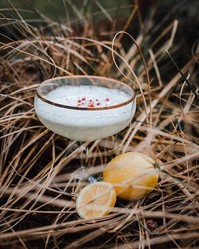
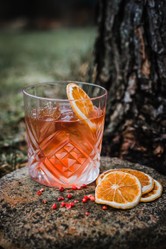
Comments
The computer crashed before I entered the second part to my somewhat related, somewhat unrelated question below about cooking wine.
If subcontinental cuisines employ bottled or cooking wines in such imported dishes as mushroom marsala pasta or mushroom marsala soup, does the dish get served as part of the meal or before?
You mentioned, in your answer of July 31, 2021, to my question of that same day, that "In India alcohol is consumed before meals and not with meals."
So what would an alcoholic ingredient do to the sequence of a food item in a meal schedule?
This can be a somewhat related, a somewhat unrelated question since some shoppers erroneously consider cooking wine non-alcoholic.
Some Americans choose bottled wine even as other Americans employ cooking wine to integrate with dishes such as mushroom marsala pasta or mushroom marsala soup.
Is cooking wine ever used in subcontinental cuisines?
Non Alcoholic beverages (Spirits) like Flaneur are not yet popular in India. But usual accompaniments with drinks are pakoras, fish, chicken and light fried snacks. In India alcohol is consumed before meals and not with meals.
pateluday, Previously I meant to ask about where you mentioned, under the subtitle Flaneur from Estonia, that "Not only this, products like Flaneur from Estonia are becoming a part of beverage-loving circuits which believe in liquid accompaniment with find dining and snacks." Would these drinks be popular in India, and what would be in the meals and snacks they accompany?
Yes the product is from Estonia nothing to do with India. I often write as digital marketer. Thanks for the comment!
pateluday, Thank you for the practical information and the product.
Does a French name help sell a product in and outside Pondicherry, India?
The Lahhentagge site indicates that Flâneur is produced on the ancient Viking island of Saaremaa, from which local flâneurs idled, loafed, loitered and wandered. It also shows a female counterpart in Flâneuse!
Yes proper awareness about possible negative of such drinks should be printed on the label. But since they do not contain alcohol that is a big benefit. The products are advertised and sold as non alco hence there can be no delusion. Suitability for children should be kept in mind and they should be informed about harmful effect of spirits so they grow up aware.
These drinks serve multiple purposes, but are not without problems. If children are exposed to them without being told they can lead to alcoholism later in life. I also wonder how many would act as though intoxicated if they consumed such drinks with the belief the drink contained alcohol. The mind can respond to a mere belief of intoxication if one really believes it is so.